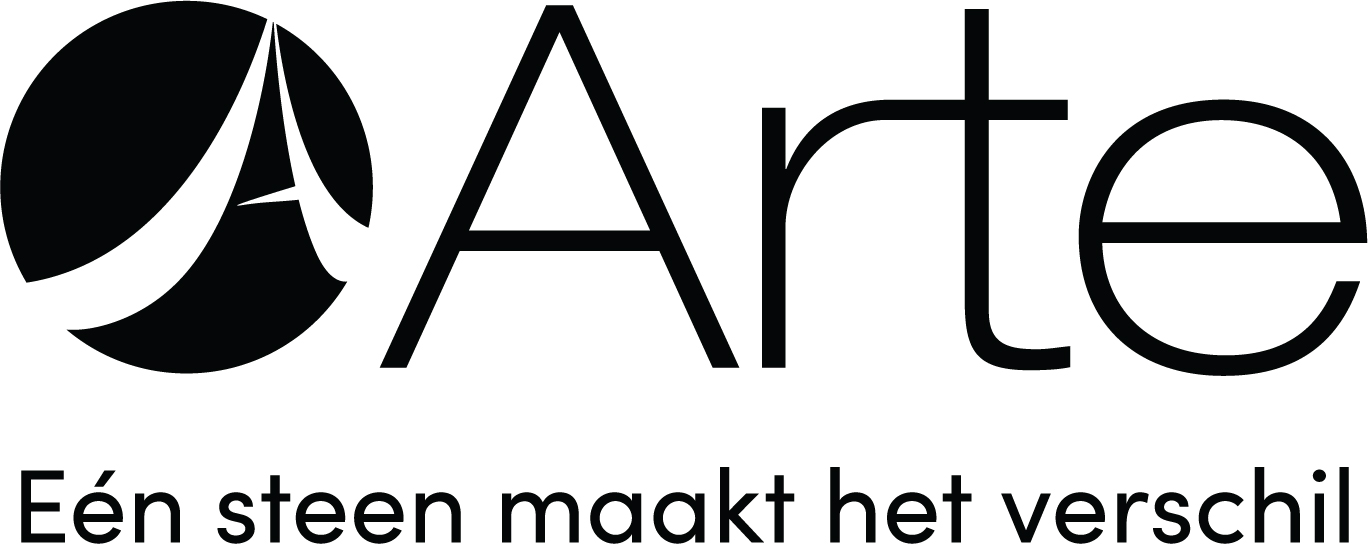

Arte Groep

Noord Brabant, Netherlands The
August 2022
Construction
Manufacturing
Netherlands The
Arte supplies the highest quality counter tops and materials for kitchens, catering establishments, coffee corners for offices, washbasins for luxury hotels, and more. All of our work is done in consideration of the environment and the well-being of all people involved. It is anchored in our DNA. And that’s why one stone - no matter how big or small - can make all the difference. This philosophy of ours starts with where we source our materials. Together with independent organizations, we check whether the material is obtained fairly and if the working conditions are up to our high standards. Worldwide, 63 million children aren’t going to school. With our Arte Right To Education project, we work with NGO’s to end child labour around quarries in South India, and to increase their access to education. In addition, we are committed to preventing child marriage, and we provide health and safety training fit for the working conditions. Our end goal is to create the greatest possible positive impact, and to contribute to the well-being of everyone involved with Arte, both now and in the future.
Overall B Impact Score
Governance 16.8
Governance evaluates a company's overall mission, engagement around its social/environmental impact, ethics, and transparency. This section also evaluates the ability of a company to protect their mission and formally consider stakeholders in decision making through their corporate structure (e.g. benefit corporation) or corporate governing documents.
What is this? A company with an Impact Business Model is intentionally designed to create a specific positive outcome for one of its stakeholders - such as workers, community, environment, or customers.
Workers 24.0
Workers evaluates a company’s contributions to its employees’ financial security, health & safety, wellness, career development, and engagement & satisfaction. In addition, this section recognizes business models designed to benefit workers, such as companies that are at least 40% owned by non-executive employees and those that have workforce development programs to support individuals with barriers to employment.
Community 14.2
Community evaluates a company’s engagement with and impact on the communities in which it operates, hires from, and sources from. Topics include diversity, equity & inclusion, economic impact, civic engagement, charitable giving, and supply chain management. In addition, this section recognizes business models that are designed to address specific community-oriented problems, such as poverty alleviation through fair trade sourcing or distribution via microenterprises, producer cooperative models, locally focused economic development, and formal charitable giving commitments.
Environment 22.1
Environment evaluates a company’s overall environmental management practices as well as its impact on the air, climate, water, land, and biodiversity. This includes the direct impact of a company’s operations and, when applicable its supply chain and distribution channels. This section also recognizes companies with environmentally innovative production processes and those that sell products or services that have a positive environmental impact. Some examples might include products and services that create renewable energy, reduce consumption or waste, conserve land or wildlife, provide less toxic alternatives to the market, or educate people about environmental problems.
Customers 3.5
Customers evaluates a company’s stewardship of its customers through the quality of its products and services, ethical marketing, data privacy and security, and feedback channels. In addition, this section recognizes products or services that are designed to address a particular social problem for or through its customers, such as health or educational products, arts & media products, serving underserved customers/clients, and services that improve the social impact of other businesses or organizations.